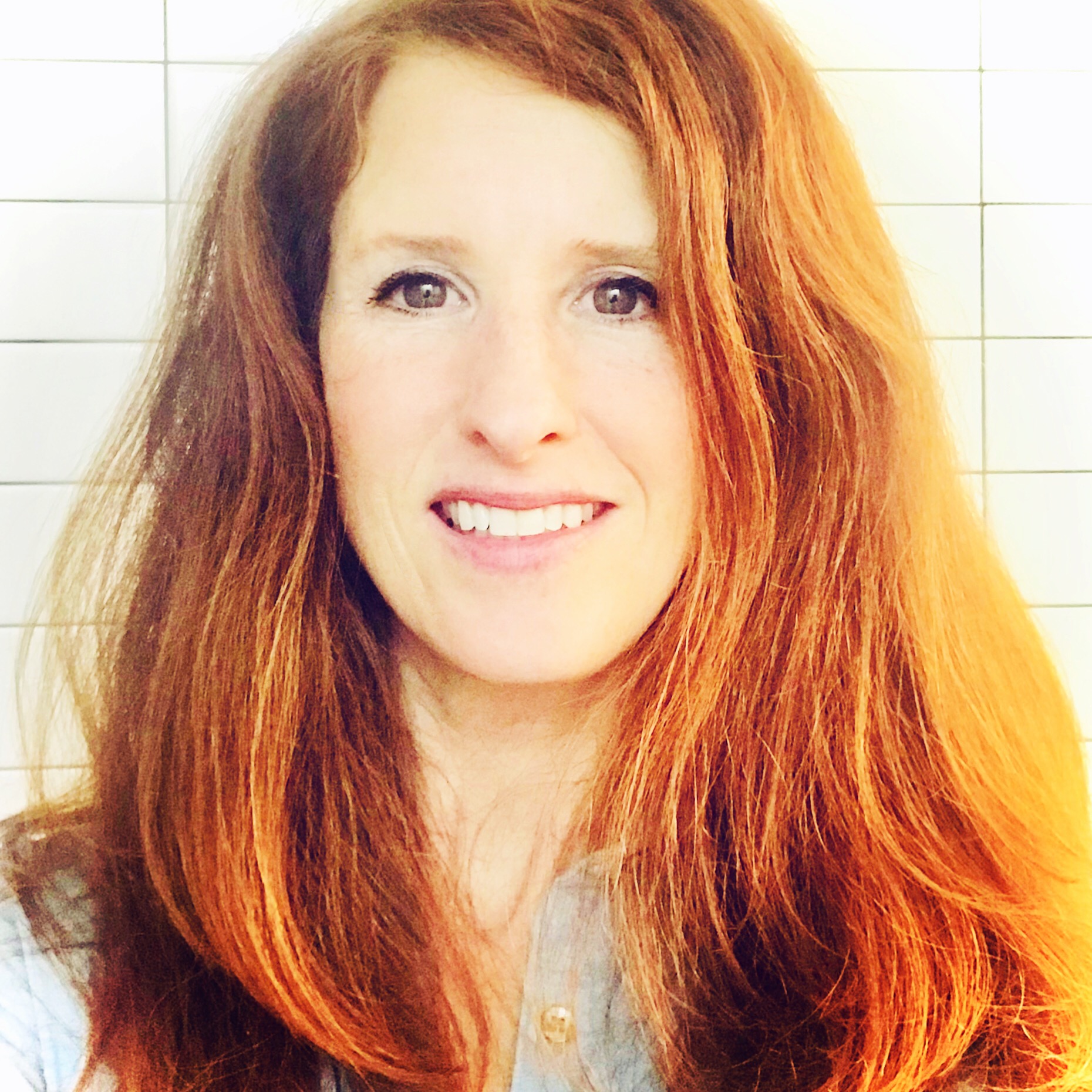Got Stress?

Got Stress? Try out some or all of these helpful and effective tips for stress reduction.
Meditate-Meditation does not require chanting for an hour on a yoga mat in a dead-silent room. In fact, you can practice meditation in the middle of a busy shift. Simply find a quiet corner, sit down if possible, close your eyes, and focus on nothing but your breath. Do not control your breath; let it move through you naturally. Feel the cool air move in through your nostrils, and feel the hot air move out. Concentrate on that sensation. When a thought interrupts, acknowledge it, let it pass, and focus on your breath again. You will feel your muscles start to relax as activity reduces in your sympathetic nervous system. In the long term, meditation can lower blood pressure, improve circulation, slow your respiratory rate, lower blood cortisol levels, and allow you to relax more deeply. Start with two minutes, then work up to five minutes, then 10…. A quality meditation session of 20 minutes a day can be as restorative as four hours of sleep.
Reconnect with Mother Nature-If you go through life thinking of Nature as a hostile force that is separate from yourself (easy to do living in Upstate, NY) you will go through life unnecessarily afraid and cut off from one of the greatest sources of spiritual nourishment. Find ways to connect-short walks outside, lunch break in a park, gardening or camping. Camping quickly restores our circadian rhythms for sleep for those who are sleep challenged.
Breathe-Most of us hold or restrict our breath often when we are stressed. Deep, slow, full breaths stimulate the vagus nerve, which has a profound effect on resetting the stress response. Take five deep breaths now, and observe how differently you feel after.
Strive for Tribe-We are not meant to be alone-we are meant to be parts of bigger families, bands and tribes. Strive for tribe-no matter which way shape or form. Enlist the important people in our lives to be allies.Take inventory of the relationships in your life: What relationships embellish your life and which ones drain you? Cut out relationships that drain you if possible. Limit engagement in negative relationships that are unavoidable. Set AND maintain healthy boundaries. Saying “no” to others is often saying “yes” to yourself.
Laugh-Laughter cuts tension, lifts spirits and bonds people together. In the work environment, use humor when appropriate to lighten the mood. Research suggests that positive thinking and laughter can influence health. Positive emotions are associated with a decreased production of the stress hormone cortisol, along with improved immune function, and reduced disease risk. Laughter may also boost immunity, relieve pain, lower stress, and even help protect against heart disease.
Sleep- The health benefits of sleep are astounding. Beyond reducing fatigue and making you less cranky during a long shift, sleep curbs inflammation, improves memory and creativity, and sharpens your attention. A good night’s sleep lends emotional stability and lowers anxiety and impatience. Make sleep a priority. Lack of sleep increases stress hormones. If you’re not sleeping well, your immune system produces fewer of the natural-killer cells needed to keep our immune healthy. Get eight hours of sleep no matter what. Take a nap if you missed sleep. To set the mood and ease your racing mind, do some light stretching, darken the room completely, and disconnect from your tech gadgets an hour before you lie down.




